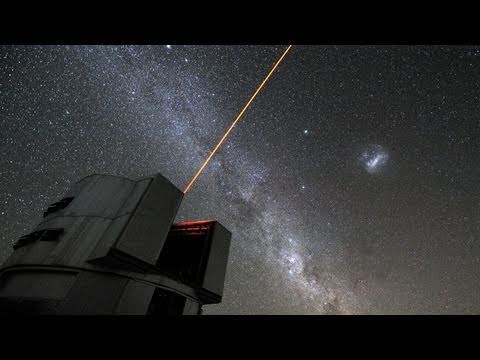Here is a bit more background into the question at hand. How big is the universe?
From intensive computer modeling, and myriad close observations, they’ve uncovered important clues to its ongoing evolution. Many now conclude that what we can see, the stars and galaxies that stretch out to the limits of our vision, represent only a small fraction of all there is.
Does the universe go on forever? Where do we fit within it? And how would the great thinkers have wrapped their brains around the far-out ideas on today’s cutting edge?
For those who find infinity hard to grasp, even troubling, you’re not alone. It’s a concept that has long tormented even the best minds.
Over two thousand years ago, the Greek mathematician Pythagoras and his followers saw numerical relationships as the key to understanding the world around them.
But in their investigation of geometric shapes, they discovered that some important ratios could not be expressed in simple numbers.
Take the circumference of a circle to its diameter, called Pi.
Computer scientists recently calculated Pi to 5 trillion digits, confirming what the Greeks learned: there are no repeating patterns and no ending in sight.
But if the universe is finite, what would happen if a warrior traveled to the edge and tossed a spear? Where would it go?
Feel free to comment with your own theories and ideas.
